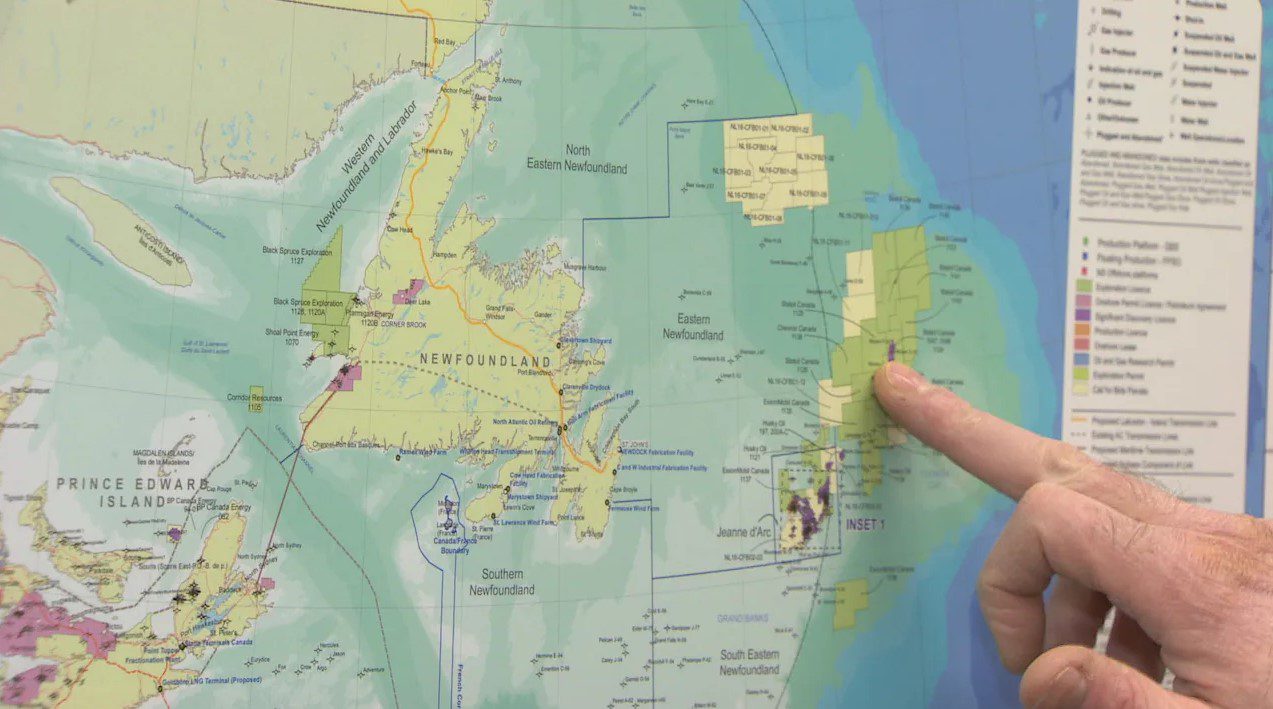The latest report from the Intergovernmental Panel on Climate Change (IPCC) released last week says it’s “now or never” for governments to start staving off emissions to save the planet from irreversible climate disaster. Rich countries seem to be choosing never, as governments approve multiple oil and projects across the globe.
“We are at a crossroads. The decisions we make now can secure a liveable future. We have the tools and know-how required to limit warming,” said IPCC Chair Hoesung Lee. “I am encouraged by climate action being taken in many countries. There are policies, regulations and market instruments that are proving effective. If these are scaled up and applied more widely and equitably, they can support deep emissions reductions and stimulate innovation.”
But in the face of an energy crisis due to fallout from the pandemic and Russia’s invasion of Ukraine, many governments are opting to continue developing oil and gas resources, as a report from euronews.green points put.
UK: More drilling in the North Sea
As part of its new energy strategy, the UK government recently announced that licensing of new oil and gas projects in the North Sea will start this autumn.
Environmental campaigners and climate activists reacted with outrage to the move, but the UK government has defended itself saying such projects are necessary to achieve energy autonomy, with a view to getting rid of the uncomfortable dependence on Russian oil and gas imports.
Canada approves Bay du Nord oil
Canada’s government has given the green light to the controversial $12 billion (€11 billion) Bay du Nord offshore oil project.
The project will be managed by Equinor for about 30 years, during which the company will operate a floating offshore oil and gas production facility in the Flemish Pass, in the Atlantic Ocean. It is expected that more than 60 wells will be drilled during three decades of operations.
Canada’s government said that the project will help the country meet energy demands through a difficult time of transition.
The approval followed months of debates and a four-year-long review of the project, but the government, which conducted an environmental assessment of Bay du Nord, concluded that it will not cause significant negative effects to its surrounding environment “when mitigation measures are taken into account.”
These mitigation measures include 137 conditions Equinor will have to satisfy while operating the project, including protecting wildlife, human health and native access to resources.
Most environmental activists strongly disagree with the government’s decision.
UK: Fracking still on the table
British business minister Kwasi Kwarteng has ordered a short report on fracking to investigate its impact, saying that all options should be on the table to reduce Britain’s dependence on imported energy.
The British Geological Survey will investigate safety concerns related to the controversial practice, ending a moratorium on fracking which had been in place since 2019, when protests forced the UK government to take action to stop fracking in the country.
Portugal hopes to build new gas plants in Mozambique
Portugal’s Galp Energia, a partner of the Exxon-led gas consortium in Mozambique, just over a week ago that it hopes to start building onshore plants in the African country in 2024.
The company has expressed concerns over the security situation in Mozambique, where ISIS militants have been active near liquefied natural gas projects worth $50 billion (€45 billion), Reuters reports.
A new deal between China and the U.S.
Not quite a new project, but still a new investment in fossil fuels (even if a “cleaner” one): China’s ENN has signed a new deal with US-based NextDecade to buy 1.5 million tonnes per year of liquefied natural gas (LNG) for 20 years, starting in 2026.
The gas will come from the proposed Rio Grande project in Brownsville Texas which, according to NextDecade, will produce “the greenest LNG in the world.”
LNG is considered the cleanest of fossil fuels – it emits 40 per cent less emissions than coal.
Israel’s Delek Group expands its presence in UK’s North Sea
Ithaca Energy recently announced it will buy Siccar Point Energy, the company behind the controversial Cambo oil field off Shetland, a project which had been put on hold last December when Shell pulled out.
Shell had 30 per cent of stakes in the company but withdrew from the project saying the economic case for investing in the project wasn’t “strong enough.”
Ithaca Energy, the UK North Sea production arm of Israel’s Delek Group, which acquired it in 2017, is buying Siccar Point Energy for €1.39 billion ($1.5 billion).
The acquisition means that the Cambo oil field is likely to be expanded in the future, despite outrage from environmental campaigners, who believe the expansion of the development will worsen the climate crisis.
Why should poor countries slow down?
New oil and gas hotspot Guyana held an energy conference in February where the refrain from a line up regional and international leaders and experts in the oil and gas industry was that developing countries need the revenues from oil and gas production and must be allowed to commercialize these resources.
In fact, Guyana is forging ahead with developing billions of barrels of oil resources found since 2015 by ExxonMobil at a large block that stretches across the country’s entire Exclusive Economic Zone. The Stabroek Block discoveries currently exceed 10 billion barrels of oil equivalent resources, with Exxon saying this could well double in the coming years.
On April 1, Guyanese authorities approved the largest offshore development to date; a 250,000 barrels of oil per day project at Yellowtail that when combined with three other approved projects will push Guyana’s total output to over 800,000 barrels of oil per day by mid-decade.
The government has said it intends to use the windfall from oil production to transform the nation of around 800,000 people and is already implementing programmes in this year’s national budget to boost infrastructure and improve standard of living.




